eCargo bikes are an ecofriendly alternative to petrol and diesel transportation. An eCargo bike is simply a cargo bike with the addition of an electric motor, specifically designed to carry a load from A to B with zero tailpipe emissions. Watch our video to learn more.
These days, almost anything can be delivered to your doorstep. With more delivery vehicles on the road, traffic congestion increases and can negatively impact air quality. Bicycles and eCargo bikes, are a great alternative to using petrol and diesel transportation, and are becoming a popular choice for businesses across the UK.
eCargo bikes have a lower upfront cost compared to cars and vans and have lower running costs as charging them with electricity is cheaper than petrol and diesel. eCargo bikes also take up less road-space than conventional vehicles, and can take shorter, faster routes by using cycle and bus lanes, being wheeled through pedestrianised areas, or moving through standstill traffic.
What is an ecargo bike?
Why choose an ecargo bike?
eCargo bikes are an efficient method for transporting cargo and making last mile deliveries. There are numerous advantages to making the switch, including lower upfront costs, reduced traffic congestion, a healthier workforce and cleaner air. Insurance, maintenance and repair costs also all come up significantly cheaper, too.
Watch our video to learn more.
Support for ecargo bikes in Scotland
The eCargo Bike Grant Fund in England
The eCargo Bike Grant Fund , now closed, encouraged the uptake of eCargo bikes to support sustainable active business travel. £400,000 was made available by the Department for Transport for the acquisition of eCargo bikes, later increased by an additional £300,000 due to its success.
The fund was extremely popular among small businesses and sole traders, giving them an opportunity to introduce eCargo bikes into their everyday operations.
Find out more about the recipients of the eCargo Bike Grant Fund local authority scheme.
eCargo Bike Grant Fund testimonials
-
01
Mungo Morgan, MAN MAID
“Energy Saving Trust helped get my business off the ground by providing a grant towards three electric cargo tricycles.
MAN MAID’s handy people travel around SW London providing handyman services to home owners.
Purchase price is much less than anticipated, operating costs are cheaper, we keep fit and we still arrive on time.”
-
02
Shane Topley, Hammersmith Heating Ltd
‘’An absolutely fantastic way of efficiently moving myself and my tools around London.
eCargo bikes have become a major percentage of my travel time cutting my van use by up to 95%…. (that’s not a typo).’’
-
03
Irina Ruseva, Flour & Soul Bakery
“We have been affected by rising costs, but nowhere near where we could have been if used a car or a van. Doing deliveries via eCargo bike means we never have to think about parking or traffic.
This includes reducing noise and pollution on local roads and having a business model more resilient towards fluctuations in fuel prices.”
eCargo bike FAQs
eCargo bike factsheets
Start your transition to eCargo bikes with our factsheets on calculating the savings from making the switch and an overview of the different types of bikes available.
eCargo bike engagement webinars
We’ve been hosting webinars with businesses and local authorities to showcase the benefits of ecargo bikes.
Past webinars are available to view on demand:
- Wednesday 25 November, 2020: ‘Maximising the use of ecargo bikes in your area’
- Thursday 10 December, 2020: ‘Looking after your ecargo bike’
- Thursday 21 January 2021: ‘Engaging with local businesses and communities’
 Case study
Case study
Amazon’s low emission last mile deliveries
Amazon rolls out micromobility hubs for last mile deliveries across the UK to help reach net zero carbon emissions by 2040.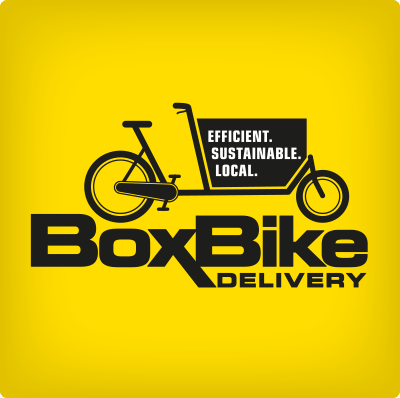 Case study
Case study
Box Bike Delivery
Box Bike Delivery took advantage of Energy Saving Trust’s eCargo Bike Grant Fund to purchase an ecargo bike and an ecargo trailer. Case study
Case study
Sies Petcare
A case study on delivering sustainable transport in animal care using ecargo bikes.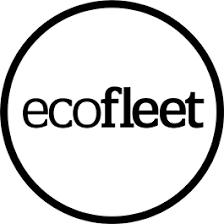 Case study
Case study
Ecofleet
The London-based start-up provides efficient delivery services that beat the traffic, reduce pollution and cut the number of cars and vans on the road.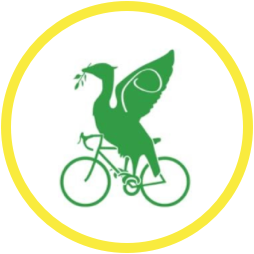 Case study
Case study
Peloton Liverpool
The social enterprise aims to deliver a better cycling experience to all through skills development programmes. Case study
Case study
Ride Clean
The company was created in 2017 to deliver clean bikes for clean travel, offering its services to offices, cycling hubs, cafes and houses. Case study
Case study
Mid Sussex Electrical Ltd
A case study on the UK’s first electrical contractor to adopt an ecargo bike. Case study
Case study
Cycling Coach Services
A case study on Jason Falconer's experience of using ecargo bikes to teach cycling and orienteering across Dorset. Case study
Case study
The Cycling Sparks
Aaron Fleming-Saheed, an electrician from South East London, switched from using a van and public transport to a more sustainable option. Case study
Case study
Brighton Gin
Brighton Gin implemented ecargo bikes as part of the Brighton ecargo bike accelerator project.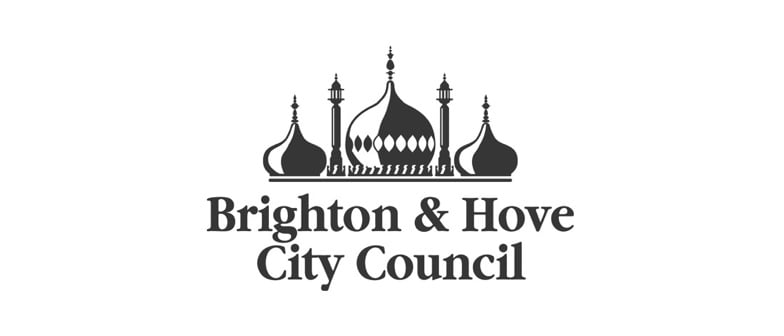 Case study
Case study
Brighton and Hove City Council Post Room
Brighton and Hove City Council Post Room services delivered by ecargo bikes. Case study
Case study
Brighton and Hove Council Communities, Equality and Third-Sector Team
Central community support delivered by ecargo bikes. Case study
Case study
Brighton and Hove Energy Services Co-operative
Brighton and Hove Energy Services Co-operative (BHESCo), implemented the use of ecargo bikes for home visits across Sussex. Case study
Case study
Mittens Plumbing, Heating and Bathroom Design
Based in Brighton and Hove, Mittens implemented ecargo bikes for central site visits. Case study
Case study
Zedify ecargo bikes
Zedify expanded their operations with a clean and efficient delivery service using ecargo bikes. Case study
Case study
Lewes District Council and Eastbourne Borough Council
Implementing ecargo bikes in Lewes and Eastbourne to support social enterprises. Case study
Case study
Emmanuel Caribbean Takeaway
Delivering Caribbean and Jamaican food by ecargo bike.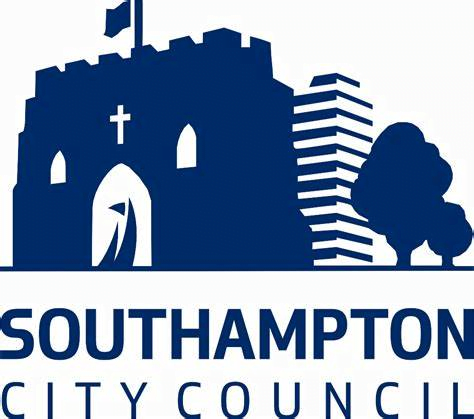 Case study
Case study
Southampton City Council’s ecargo bikes
Southampton City Council loaned out bikes to a number of local businesses, aiming to improve air quality in the city. Case studyIanDecor’s ecargo bike
Find out how Ian Conway, a painter and decorator, switched out his diesel van for an ecargo bike to travel to and from sites with equipment.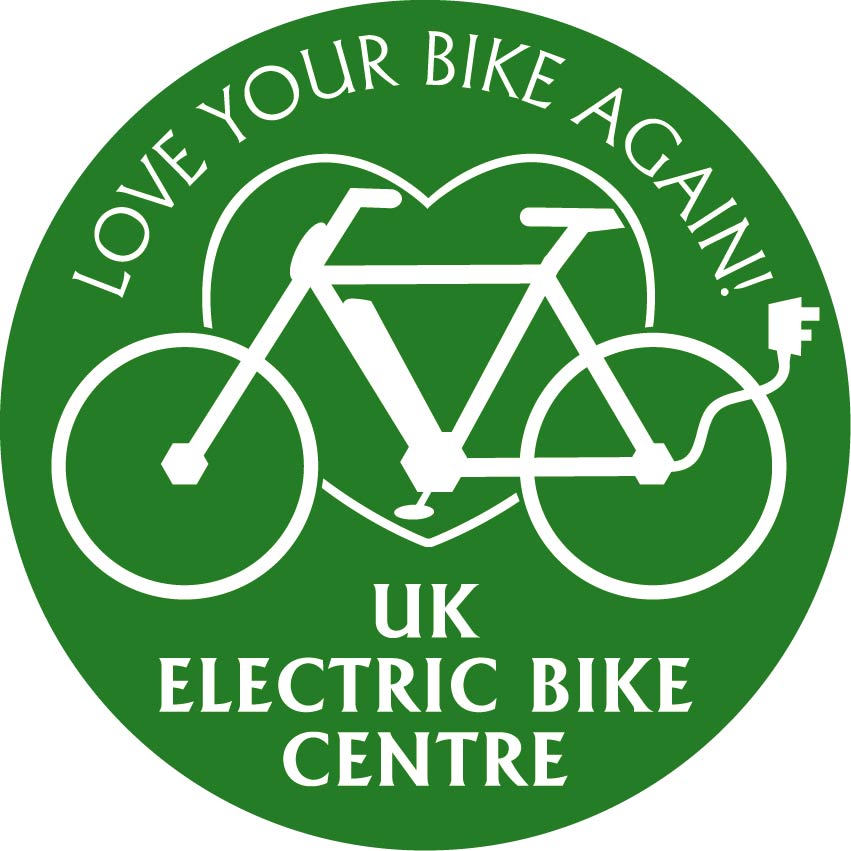 Case study
Case study
eCargo bikes at UK Electric Bike Centre
UK Electric Bike Centre started offering electric bikes for customers to use on its tours and went on to sell them too. Case study
Case study
Sustainable waste collection with St Nicks
Friends of St Nicholas Fields received eCargo Bike Grant Funding to buy two ecargo bikes for efficient and sustainable waste collection. Case study
Case study
Santis Global ecargo bikes
Find out how Santis Global received ecargo bike grant funding to start its sustainability journey.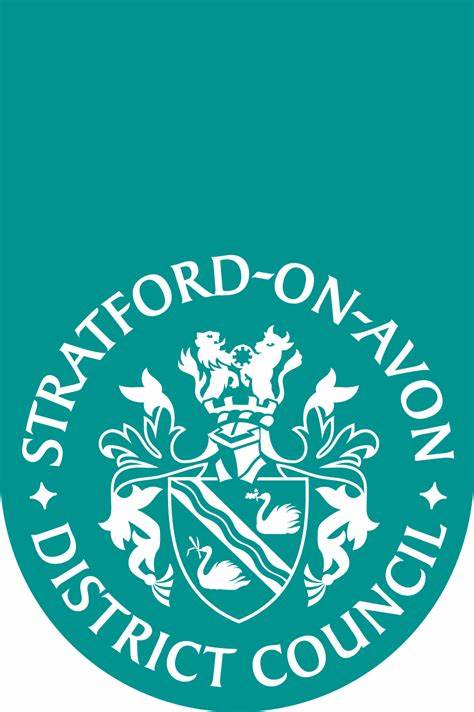 Case study
Case study
Stratford-upon-Avon District Council
Offering ecargo bikes to small, local businesses demonstrating sustainable, cost-effective and efficient solutions. Case study
Case study
London Borough of Hackney
Supporting local businesses and residents in Hackney to reduce transport emissions with the Zero Emissions Network (ZEN) using ecargo bikes.Video case studies
Further reading
Electric car and van advice for SMEs
We offer free, expert advice to small and medium enterprises to support the transition of your cars and vans to electric.
Zero emission powered light vehicles for business
Zero emission powered light vehicles (zePLVs) include electric mopeds, motorbikes, micro cars and ultra-light delivery vehicles.
Press ReleaseeCargo Bike Grant Fund awarded to local authorities and businesses
18 local authorities secured funding from the £2 million eCargo Bike Grant Fund. This fund is available to support the purchase of…